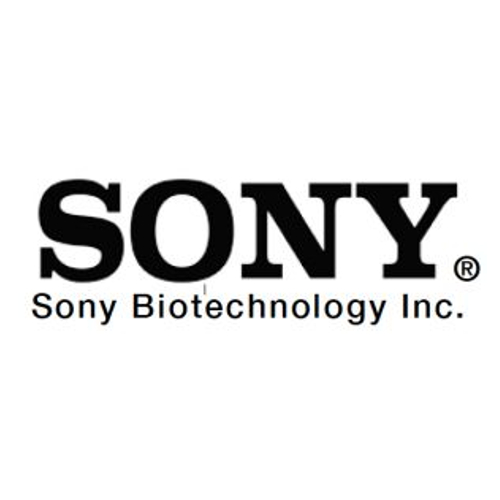PD-1 Monoclonal / Brilliant Violet 421 / 29F.1A12
Product Details
| Description | Brilliant Violet 421 anti-mouse CD279 (PD-1) | |
|---|---|---|
| Conjugate | Brilliant Violet 421 | |
| Clone | 29F.1A12 | |
| Target Species | Mouse | |
| Applications | FC | |
| Supplier | Sony | |
| Catalog # | Sign in to view product details, citations, and spectra | |
| Size | ||
| Price | ||
| Antigen | ||
| Host | ||
| Isotype |
About PD-1
Programmed cell death protein 1 (PDCD1) is an immune-inhibitory receptor expressed in activated T cells; it is involved in the regulation of T-cell functions, including those of effector CD8+ T cells. In addition, this protein can also promote the differentiation of CD4+ T cells into T regulatory cells. PDCD1 is expressed in many types of tumors including melanomas, and has demonstrated to play a role in anti-tumor immunity. Moreover, this protein has been shown to be involved in safeguarding against autoimmunity, however, it can also contribute to the inhibition of effective anti-tumor and anti-microbial immunity. [provided by RefSeq, Aug 2020]
Programmed cell death protein 1 (PDCD1) is an immune-inhibitory receptor expressed in activated T cells; it is involved in the regulation of T-cell functions, including those of effector CD8+ T cells. In addition, this protein can also promote the differentiation of CD4+ T cells into T regulatory cells. PDCD1 is expressed in many types of tumors including melanomas, and has demonstrated to play a role in anti-tumor immunity. Moreover, this protein has been shown to be involved in safeguarding against autoimmunity, however, it can also contribute to the inhibition of effective anti-tumor and anti-microbial immunity. [provided by RefSeq, Aug 2020]
About Brilliant Violet 421
Brilliant™ Violet 421 (BV421) is a Violet-emitting non-tandem polymer fluorophore that can be excited by the 405 nm Violet laser and collected using a 450/50 bandpass filter. BV421 has an excitation peak at 405 nm and an emission peak at 421 nm, and is spectrally similar to Alexa Fluor™ 405 and Cascade Blue. Other dyes that are considered similar include SuperNova V428 (Beckman Coulter), StarBright Violet 440 (Bio-Rad) and SuperBright 436 (Thermo Fisher). BV421 is very bright and is most commonly used for flow cytometry. Its photostablity, fixation stablity, and non-toxicity properties also make BV421 useful for cell sorting and live cell Fluorescence Microscopy applications. This dye is part of the Brilliant™ Violet dye line of fluorescent polymers. Brilliant™ Violet 421 polymer is employed as the donor molecule in a series of tandem dyes with acceptor molecules emitting at various points across the visible light spectrum. The Brilliant™ Violet dyes are a superior alternative to QDot nanocrystals and similar to SuperNova dye from Beckman Coulter and StarBright dyes from Bio-Rad.
Brilliant™ Violet 421 (BV421) is a Violet-emitting non-tandem polymer fluorophore that can be excited by the 405 nm Violet laser and collected using a 450/50 bandpass filter. BV421 has an excitation peak at 405 nm and an emission peak at 421 nm, and is spectrally similar to Alexa Fluor™ 405 and Cascade Blue. Other dyes that are considered similar include SuperNova V428 (Beckman Coulter), StarBright Violet 440 (Bio-Rad) and SuperBright 436 (Thermo Fisher). BV421 is very bright and is most commonly used for flow cytometry. Its photostablity, fixation stablity, and non-toxicity properties also make BV421 useful for cell sorting and live cell Fluorescence Microscopy applications. This dye is part of the Brilliant™ Violet dye line of fluorescent polymers. Brilliant™ Violet 421 polymer is employed as the donor molecule in a series of tandem dyes with acceptor molecules emitting at various points across the visible light spectrum. The Brilliant™ Violet dyes are a superior alternative to QDot nanocrystals and similar to SuperNova dye from Beckman Coulter and StarBright dyes from Bio-Rad.
Experiment Design Tools
Panel Builders
Looking to design a Microscopy or Flow Cytometry experiment?
Validation References
Reviews & Ratings
| Reviews |
|---|
Looking for more options?
2041 PD-1 antibodies from over 42 suppliers available with over 103 conjugates.





